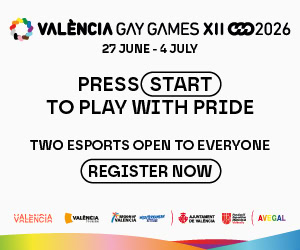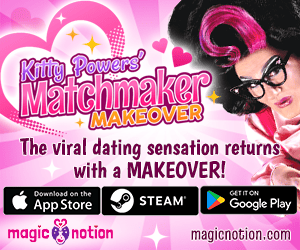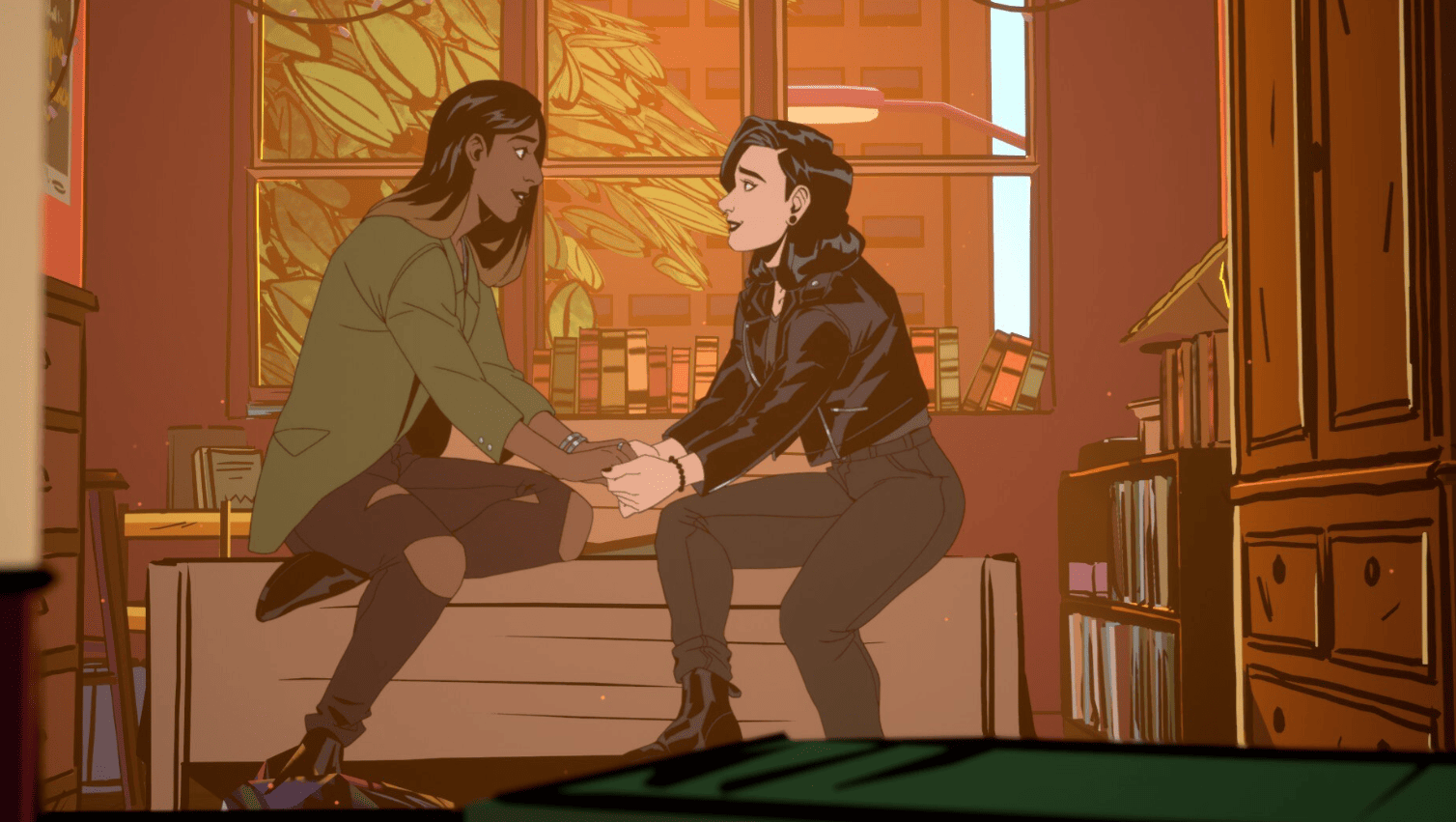
First ever GLAAD Gaming Report confirms video games still lag behind with LGBTQ+ inclusion
GLAAD, the world’s largest lesbian, gay, bisexual, transgender, and queer media advocacy organization, has released its first-ever inaugural ‘State of LGBTQ Inclusion in Video Games’ report.
The report, which comes from the GLAAD Media Institute, in partnership with Nielsen Games Team, is a comprehensive look at LGBTQ+ inclusion in video games and, much like GLAAD’s report on LGBTQ+ inclusion within TV and Film, looks at the current state of queer representation within the industry, as well as educate others on the facts. It also goes on to provide valuable data that doesn’t just focus on characters, but the LGBTQ+ community that surrounds gaming spaces, their thoughts and feelings of where the games industry is at in regards to representation, and the reception they receive, for example, in online multiplayer lobbies.
For the first-ever inaugural report on the state of LGBTQ+ inclusion in video games, GLAAD’s findings are entirely damning. The report confirms something that most marginalized gamers will already know: the video games industry is lagging far behind its film and TV counterparts, both when it comes to representation and inclusion.
Key findings were that 1 in 5 (17%) of active video game players are LGBTQ+, and the number has increased by 70% from the 10% counted in the 2020 Nielsen Games 360 Survey To sum it up, there are more and more queer individuals getting into the hobby of gaming.
However, this level of inclusion is not reflected in video games themselves. According to the report and based on publically available tags and lists that highlight queer-inclusive content, less than 2% of games on major consoles and PC include LGBTQ+ characters. What’s particularly interesting is that most LGBTQ+ gamers (39% compared to non-LGBTQ+ gamers at 32%) play on a Nintendo console. Yet that platform was found to have the lowest percentage of available games, which include queer characters and/or storylines.
As for genre, most LGBTQ+ gamers prefer to play RPGs, simulation, horror and/or puzzle games. This is in direct contrast to our heterosexual counterparts, who have a preference for shooters, but both groups share an interest in multiplayer and co-op games.
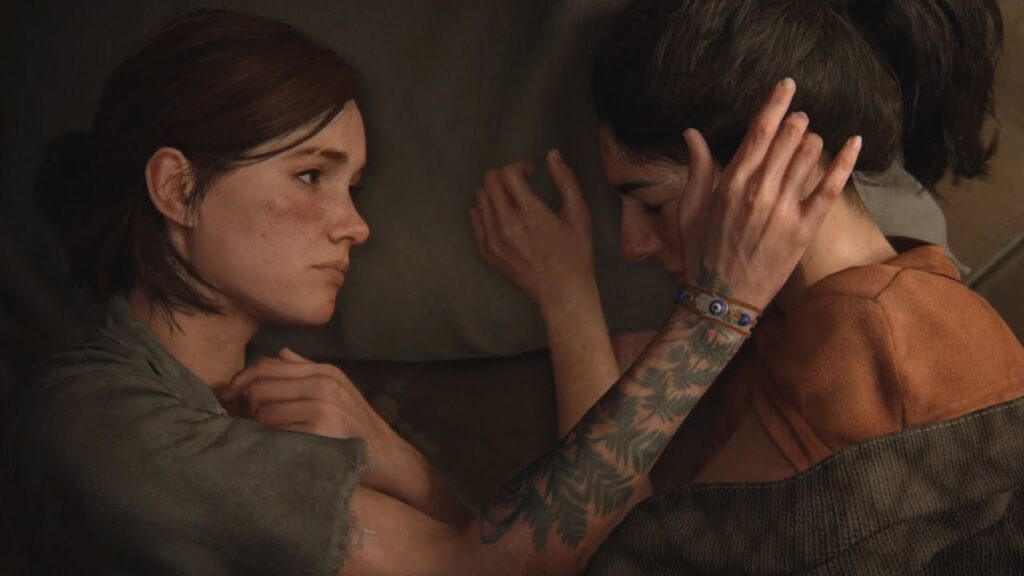
What GLAAD’s report also found was that, despite video games lagging behind in comparison to TV and film, the support for more LGBTQ+ inclusion was mostly regarded as a positive. As stated in the report, “7 out of 10 non-LGBTQ gamers said learning a main character in a game is LGBTQ would either positively influence, or make no difference to their likelihood to buy or play the game.” A far cry from the select few on social media who, for example, had a tantrum over same-sex inclusion in games like Starfield and Baldur’s Gate 3.
On the other hand, LGBTQ+ gamers were not only more interested to buy and play a game with queer representation and characters, but the report states that “nearly 3 out of 4 say seeing characters with their gender identity or sexual orientation represented well in a game makes them feel better about themselves.” Also, both large margins of LGBTQ+ and non-LGBTQ+ gamers agree that they appreciate how “gaming allows them to experience perspectives of people different from themselves, 80% and 67% respectively.”
All in all, there’s no downside in including LGBTQ+ characters in video games and the hateful few are just that: a hateful few.
As more than 500 anti-LGBTQ+ bills were proposed in 2023 alone, GLAAD’s new report found that LGBTQ+ gamers are gravitating more toward video gaming communities for connection and belonging. This isn’t a new phenomenon by any means, as LGBTQ+ gamers often find more of a sense of belonging in communities that are typically online.
In fact, as reported on by GLAAD, “75% of LGBTQ gamers who reside in states where anti-LGBTQ legislation has been recently passed or proposed say that gaming allows them to express themselves in a way that they don’t feel comfortable doing in the real world.”
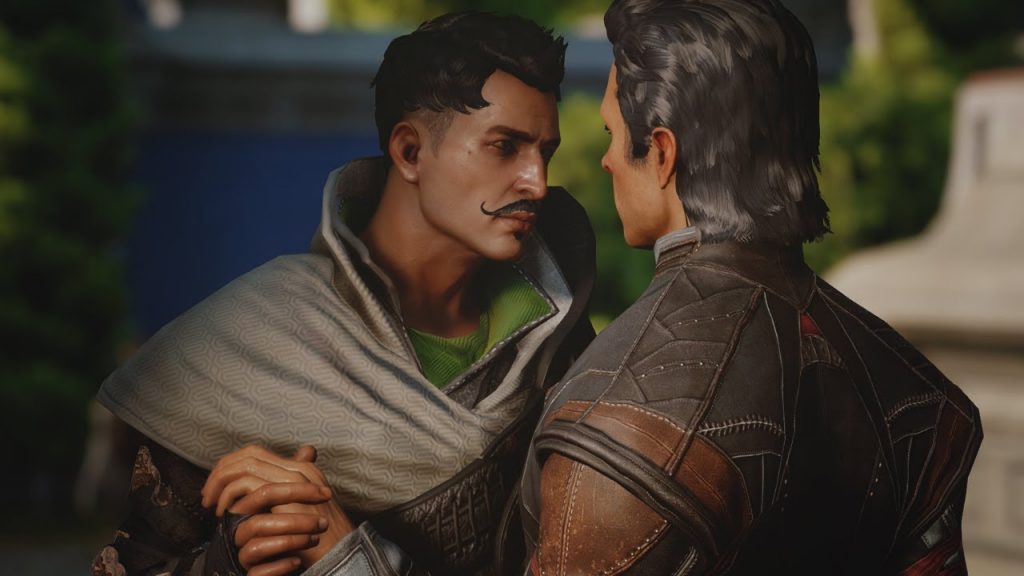
That said, while there is plentiful proof that online communities are an important social outlet for LGBTQ+ gamers, the level of harassment on both a real-life and online level cannot be overstated.
The report states that 42% of LGBTQ+ gamers, despite being avid fans of games with online components such as Overwatch, Dead by Daylight, etc, have often avoided playing a game because they thought they’d be harrassed. Of that number, 27% have quit a game because of abuse they’ve received from strangers online.
This level of abuse is not unique, either. 52% of LGBTQ+ gamers reported to GLAAD that they have experienced bullying while playing online.
With all this in mind, the picture remains abundantly clear: the video game industry — while making some steps forwards in some areas — is absolutely failing its LGBTQ+ audience and must improve.
“The findings of this report send a powerful message to the industry: it is time to move past the idea that LGBTQ-inclusive games are a separate, niche category.” GLAAD Associate Director of Gaming, Blair Durkee says. “All games should strive to reflect the people who play them. And when 1 in 5 gamers are LGBTQ, any game with five or more characters has no excuse for lacking LGBTQ inclusion.”
GLAAD President & CEO, Sarah Kate Ellis spoke out about how the report presented a clear business case for the games industry to address the desires and needs of a “rapidly growing portion of gamers” from around the world. “The message is clear: gamers want more inclusive LGBTQ representation in their games and the industry must become more inclusive.”
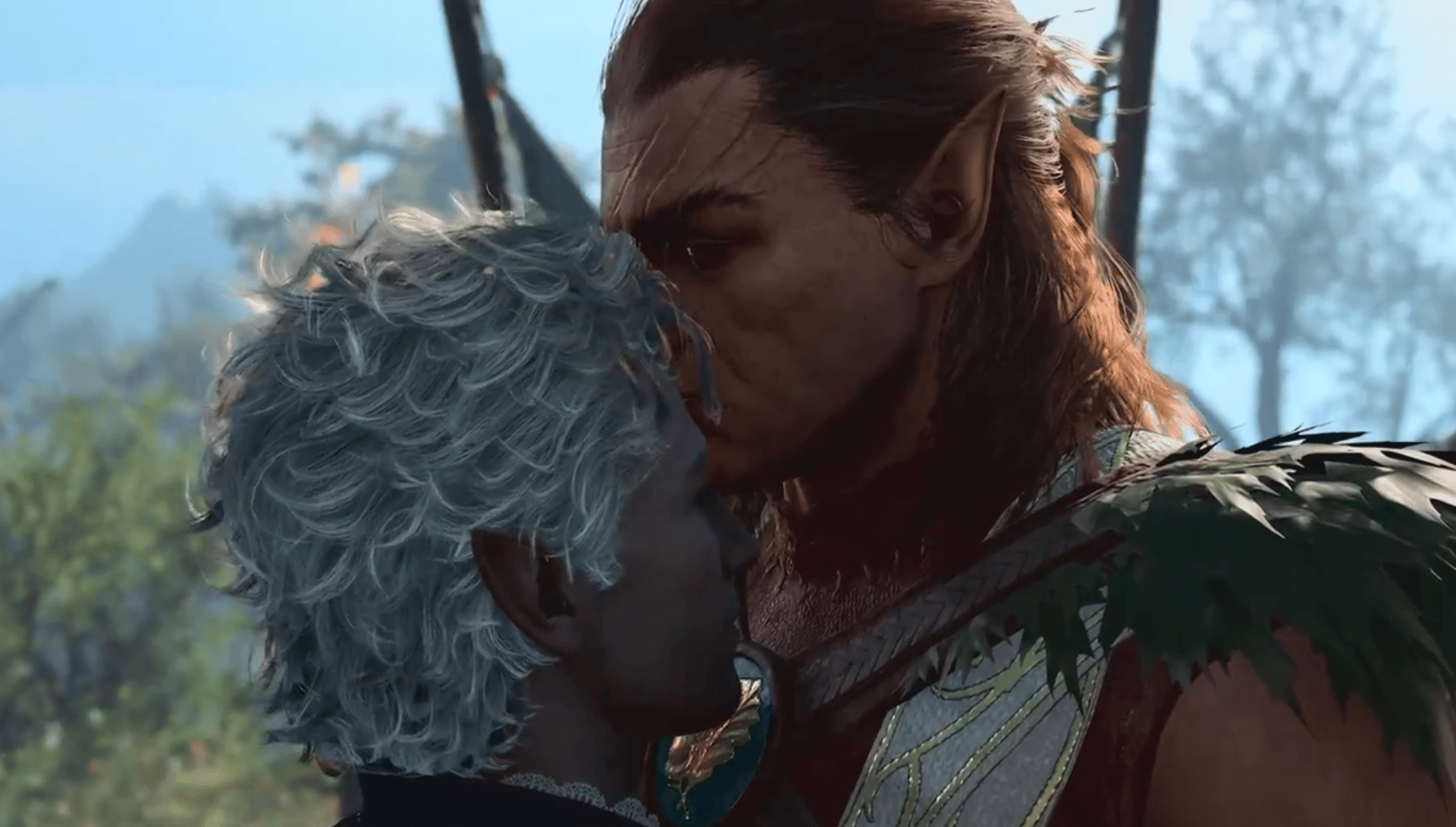
To end their report, GLAAD provided the following recommendations to enhance how LGBTQ people are seen in their products and the industry at large:
- The percentage of games with LGBTQ representation should be proportional to the share of gamers who are LGBTQ.
- Game developers should strive for representation that promotes inclusivity and acceptance.
- The game industry should take responsibility for making their communities more inclusive.
- The game industry should consult LGBTQ media content experts.
- LGBTQ game industry workers should be hired in positions of authority.
Yet, while GLAAD’s report is essential and a must-needed wake-up call for the games industry at large: is it possible to reach when those most affected by the video games industry’s mass layoffs are marginalized communities, including LGBTQ+? Time will tell, but it’s apparent that the games industry is going through a reckoning, and when it will end is anyone’s guess.

